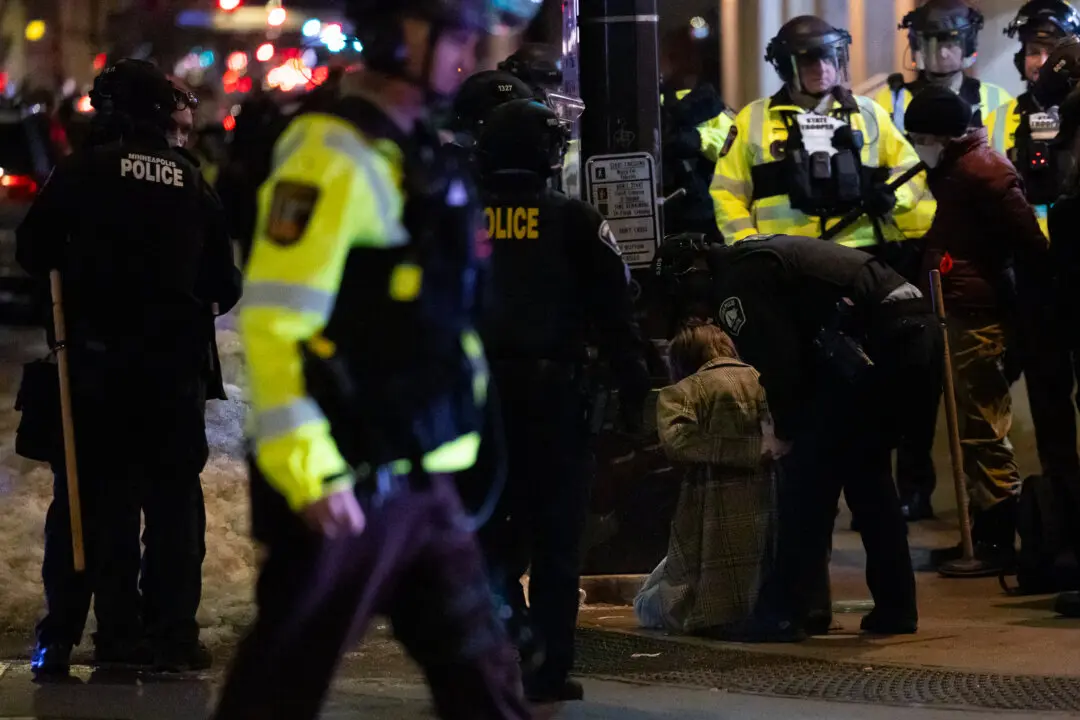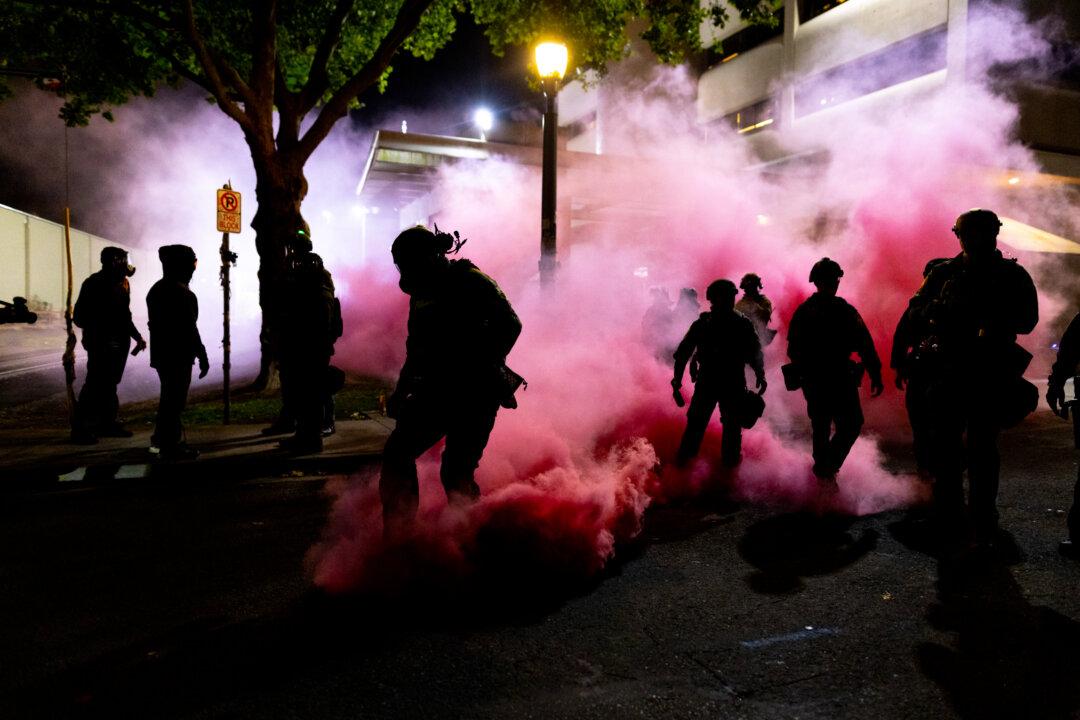Looking back at her notes, Mari Clark recalled that a good night of gift bag handouts—containing makeup, hygiene products, and Bible tracts—to prostitutes on the streets of South Los Angeles would average to 30 interactions with women per night as she and her outreach group were monitored closely by their pimps.
A year later, she and her team’s interactions have since doubled, and they expect it to get worse with the recent passage of Senate Bill 357.




